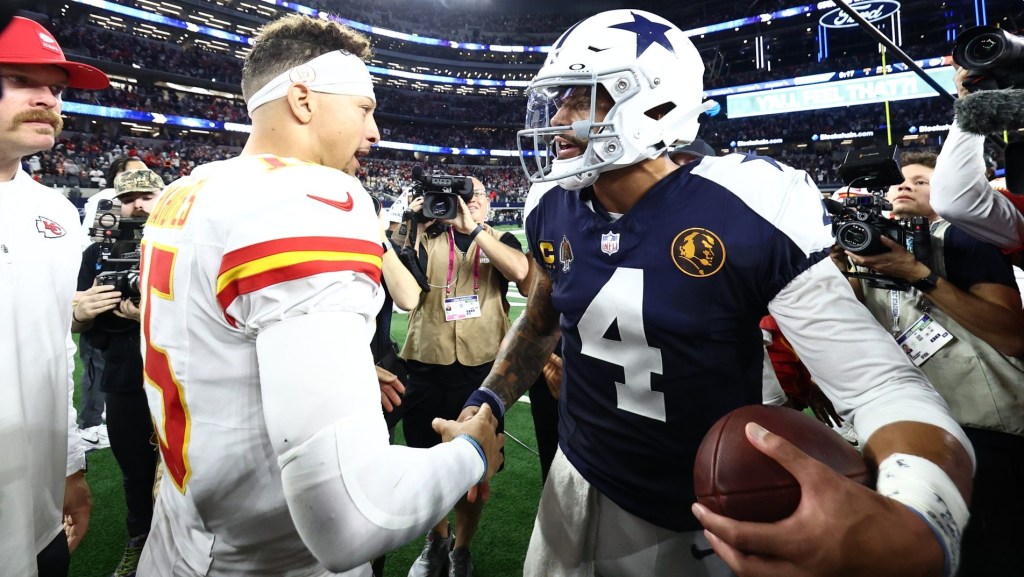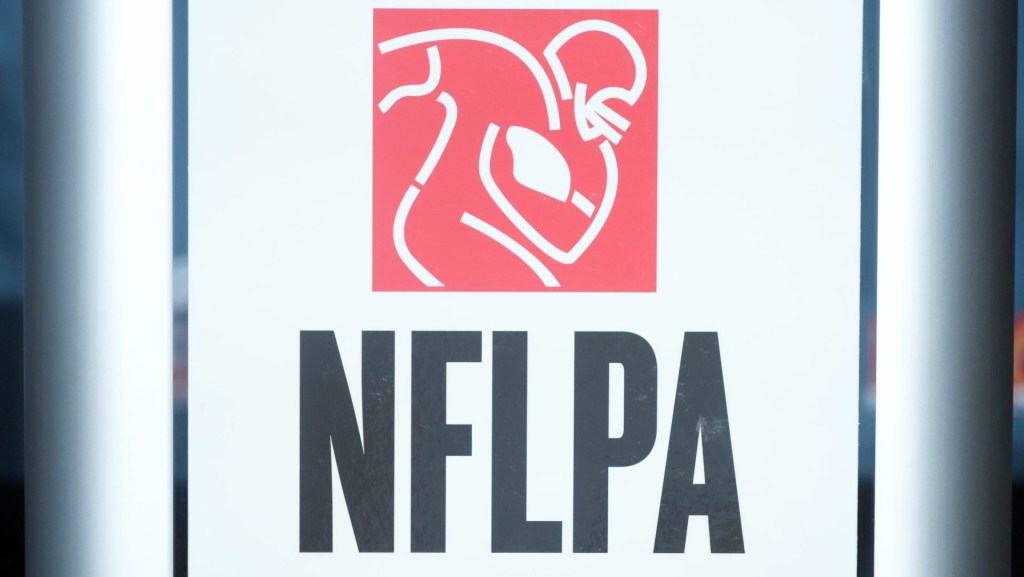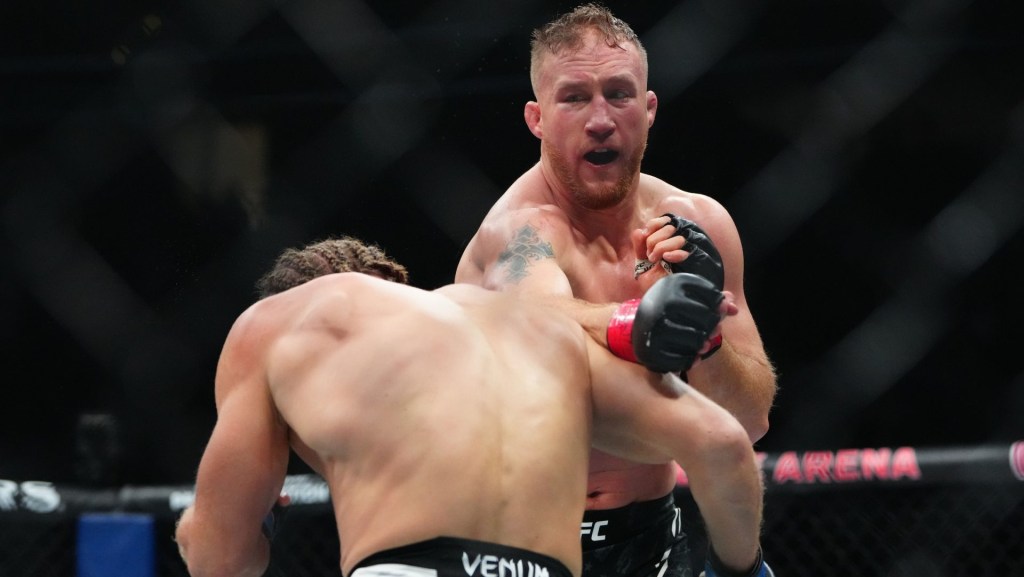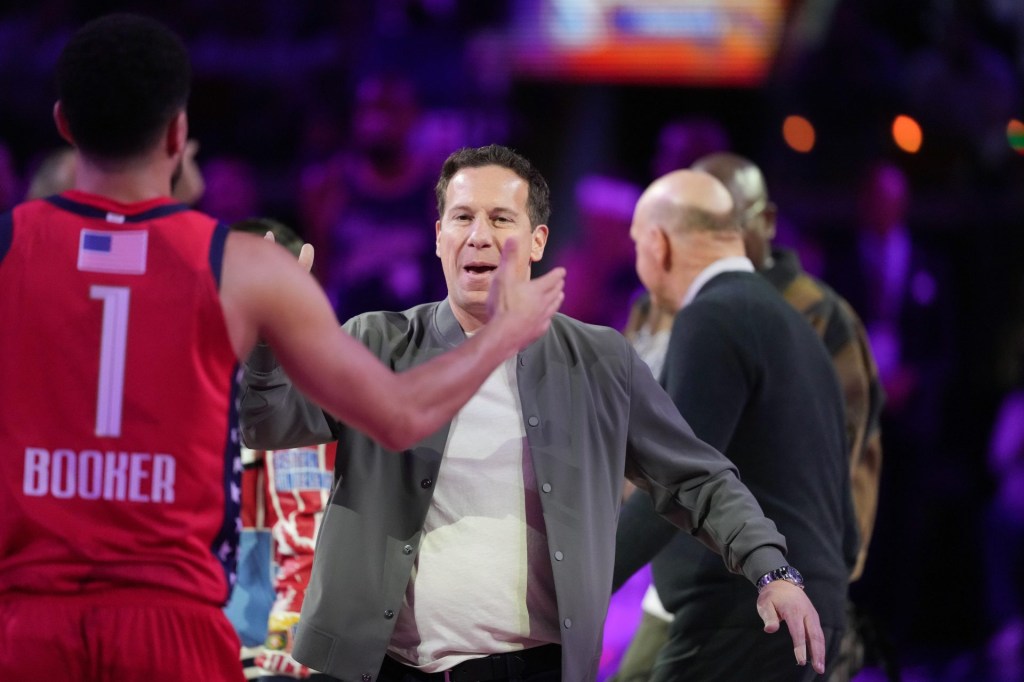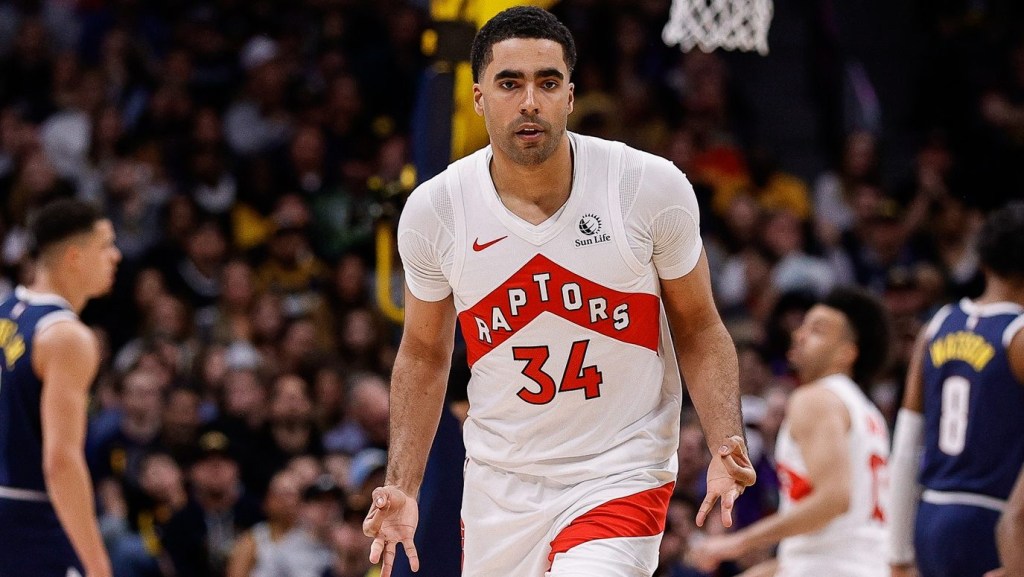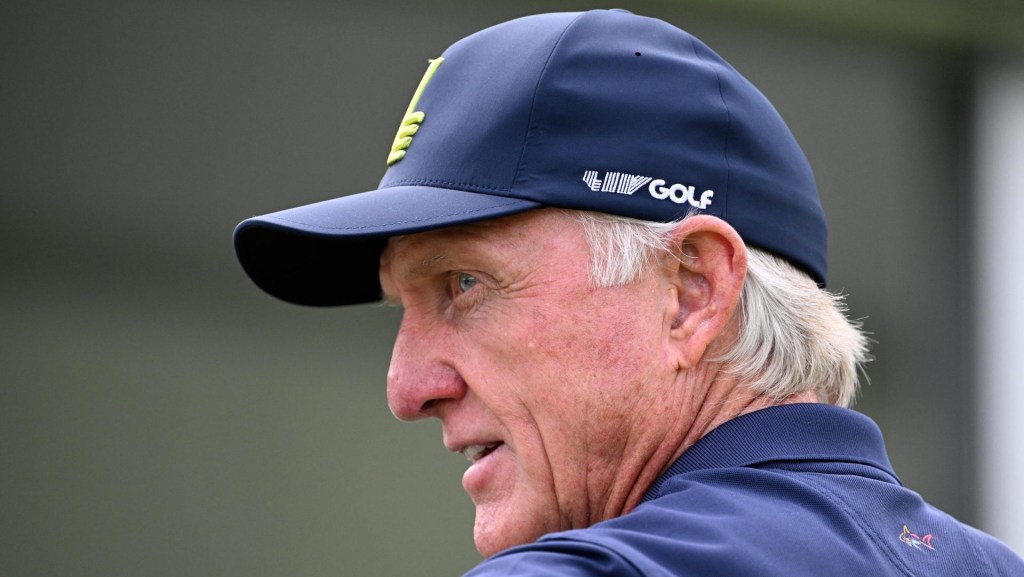On Sunday, Sports Illustrated Stadium, home to soccer’s Red Bulls and Gotham FC, becomes a lacrosse venue. The Atlas will face the Outlaws in the 2025 Premier Lacrosse League Championship.
Pro lacrosse is not yet the easiest sell for the average sports fan, but the PLL’s rise has still been meteoric compared to most upstart sports leagues.
Over its seven seasons, it has steadily grown its viewership and leveled up its media deals from NBC Sports in its inaugural season to an expansive deal with ESPN that brought 18 nationally televised regular-season PLL games to ESPN for 2025. Sunday’s championship will air on ABC. In June, ESPN extended its PLL rights for another five years and took an investment stake in the league. The league also swallowed up its competitor, Major League Lacrosse, in 2020, and has since grown with the backing of Joe Tsai, Robert Kraft, Raine Group, and Chernin Group.
The PLL has always been a touring league. The eight teams have city affiliations as of 2024, but still no permanent venues, only “homecoming” weekends played in local markets. Over the course of its 10-weekend regular season this year, the PLL hit Albany, N.Y. (Atlas), Charlotte (Chaos), Philadelphia (Waterdogs), Baltimore (Whipsnakes), San Diego (Redwoods), Salt Lake City (Archers), Denver (Outlaws), and Boston (Cannons), plus two neutral sites in Chicago and Fairfield, Conn.
The league is selling out multiple events and seeing ticketing revenue grow year-over-year—but the traveling setup is temporary. It wants to settle into a consistent home-and-away schedule with permanent venues as soon as it makes sense. It also wants to move into a franchise-ownership model.
The tipping point that will lead to selling teams to individual owners “will be our touring model sort of bursting at the seams, and attention, and revenue, and our audience telling us they want more games,” PLL cofounder and president Paul Rabil tells Front Office Sports. “The home-and-away model also adds tonnage, and in our business, tonnage is more games spread out over a longer period of time. That means more eyeballs, more opportunities to sell more tickets, more merchandise, more sponsorship inventory.”
The PLL is among a growing group of upstart leagues with a similar plan: Plant a flag without settling down yet.
Unlike Unrivaled (3-on-3 basketball), TGL (indoor golf), or Kings League (7-on-7 soccer), which all debuted in a centralized location, leagues including the PLL, 3-on-3 hockey league 3ICE, and the Athletes Unlimited Softball League are first testing with a traveling model. The touring setup is simply a means to an end.
Rabil looks at every individual weekend of play as a full-on festival that his league stands up 14 times this year across 16 weeks of the summer, which includes the playoffs and All-Star weekend. Each venue is dressed up in branding specific to that weekend’s homecoming or theme, and fan games, merchandise, and food tents pepper the surrounding grounds. He says there’s time for only a quick postmortem to make adjustments for the following week after everything gets loaded back onto 18-wheelers and driven to the next location.
Efficiency challenges are amplified in a barnstorming model, says E.J. Johnston, CEO of 3ICE. Inspired by the NHL’s overtime format, 3ICE plays five weeks in the summer. Similar to the PLL, each of the eight teams has a city affiliation but no home ice. 3ICE was never looking at a home-and-away setup, but it considered playing in a single market when it drew up its business plan in 2018. It instead debuted as a nine-stop touring league in 2022, and in 2023 played six cities.
“There’s the excitement of the one-off—like, oh boy, we’ve got to get there. The circus is coming to town, so to speak, and you don’t want to miss it,” he says. But the operational hurdles are still huge.
“You have to be negotiating dates, not just prices and load-ins—whether you use the jumbotron and the sound system and all that other stuff,” Johnston tells FOS. “And if Taylor Swift decides to come in and take the Pittsburgh Paints PPG Arena on the date you want, then all of a sudden you’ve got to scramble and move everything around again.”
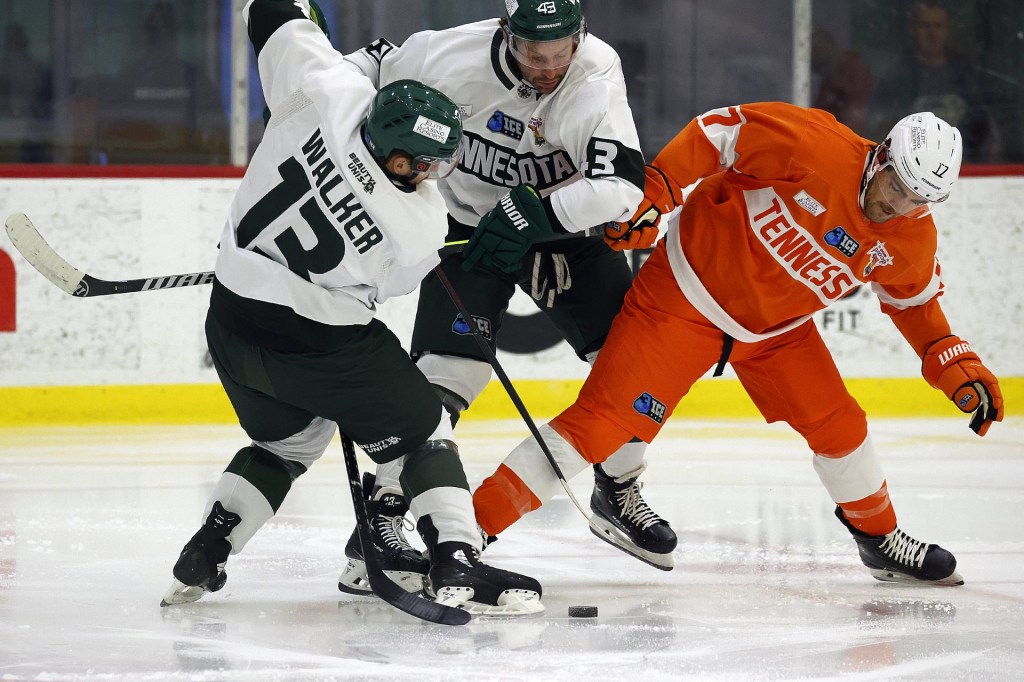
Yet the temporary logistical challenges are worth slogging through because of what leagues can learn from being on the road. Each city stop is a gold mine of data, such as attendance, merch sales, viewership, and athlete surveys.
“Being comfortable in a facility is really nice. It’s that feeling you have—where there’s space for the athletic trainer, space to stretch and practice,” Atlas face-off specialist Trevor Baptiste, who has played in the PLL since its inception, tells FOS about the kind of feedback teams give the league. “Those are the biggest keys for us.”
There’s also civic support from local sports commissions, politicians, and municipalities to evaluate. And then the ephemera: fan reception, atmosphere, and vibes, all of which some leagues value more than others. Johnston says Las Vegas’s “glamorous/glitzy” feel, for instance, made it an “easy choice” for 3ICE’s return.
Another piece these growing leagues prioritize is what looks best at each stop. It’s not just a question of creating a great on-camera product to honor current media deals and tee up bigger ones. It’s also what best supports their quests to create owned-and-operated content. The PLL calls itself a “media marketing company”; 3ICE says it’s “a media company in the shape of a hockey league.”
Despite still traveling, the PLL has already used its data set to make changes—including the biggest decision since inception. In May 2023, the league announced it would assign its teams to home markets. It also dug into an additional treasure trove of info acquired from its merger with MLL, plus it held an online fan vote leading up to the November 2023 reveal.
As for implementing the next phase of home-and-away schedules, Rabil says “it’s a little bit of feel and matched with analysis.”
The Athletes Unlimited Softball League, which debuted this year with four teams and no local affiliations, always knew it needed only one year to collect data before making market decisions.
“You learn very quickly about the operational realities, and that process can be assessed in a 12-month period without a question,” Athletes Unlimited CEO and cofounder Jon Patricof tells FOS. “We announced in the spring, so we had four or five months of working with those cities and learning as we went. I think you can learn a lot around the operational front in a short period of time.”
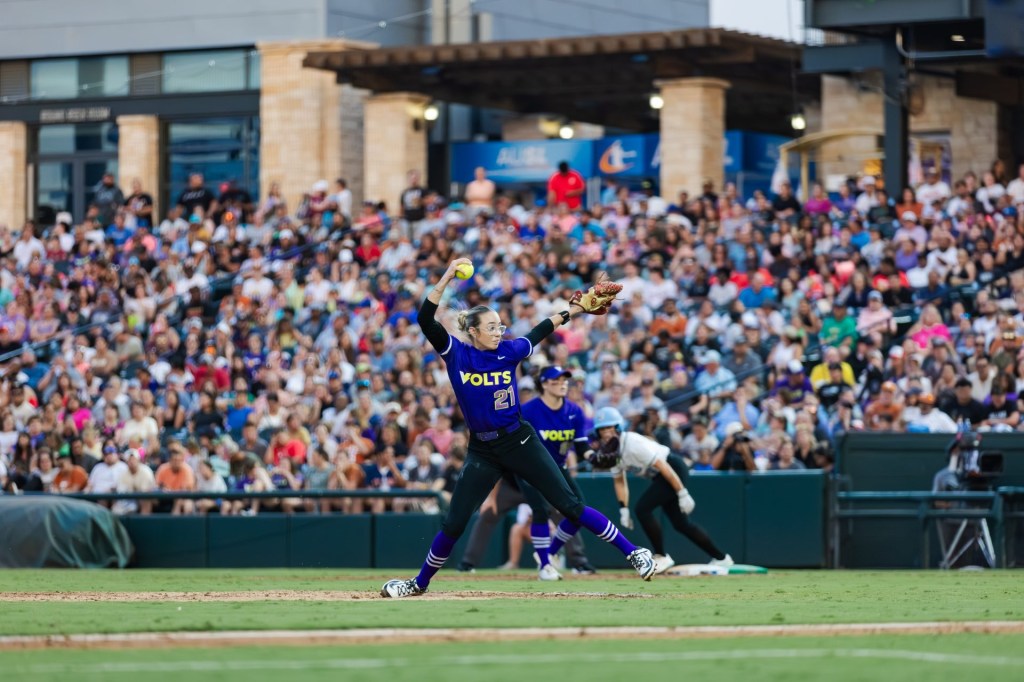
The AUSL played a 24-game season throughout the summer in 10 markets, a mix of softball hotbeds including Tuscaloosa, Ala., and Norman, Okla., and less-traditional locations such as Seattle and Salt Lake City. The separate AUSL All-Star Cup added two cities. While it spent this season gathering as much information as possible, it has also been working off historical data, Patricof tells FOS. In the coming months ahead of the 2026 season, the AUSL will introduce two new teams and assign all six to local markets with a home-and-away format.
But while the PLL and AUSL are still piecing together next steps, for 3ICE, two seasons of data quickly wrote its future. After skipping 2024 to regroup on strategy for a “3ICE 2.0,” the nascent league transitioned to a single-market model for its third season, which wrapped in August.
3ICE played in the 850-seat Baptist Health IcePlex in Fort Lauderdale, which serves as the practice facility for the 2024 and 2025 Stanley Cup–champion Panthers. The decision, Johnston tells FOS, eased the burden on media production and the cost of rent, and also helped build “relationship momentum” with the host community. He says the league is currently in talks with several markets about next year’s location, where he’s hoping to sign a multiyear deal for a nine-date season.
Even after upstart leagues settle into permanent home venues or play single-market seasons, many say they will still visit neutral sites.
“We’re always going to be in this process of thinking about what are the right future markets, and how do we reach fans beyond the six markets that will house teams next year,” Patricof says. “That is a crucial part of the strategy.”
But while barnstorming may be just for now for most leagues, there is one notable exception: the Savannah Bananas.
Their Banana Ball league, which became a full-time touring operation in 2023, has already hit more than 30 markets in 2025 alone. They have sold out each event from February through September; in June, across two nights at Bank of America Stadium in Charlotte, the Bananas drew a combined 148,000 fans—the largest attendance for a weekend of Banana Ball. Some estimates have valued the team at $1 billion. They’ll stay on the road as long as they can while they’re filling bigger and bigger venues.
But the Bananas’ traveling success is an outlier, and most upstart leagues are focused on a different future. PLL players look forward to the stability, too. Baptiste, whose Atlas played their homecoming game about 100 miles from New York City, says: “I think that every year it gets a little better, and for us specifically with the Atlas, we’re really excited to get to a home city and a home venue that could even be closer.”
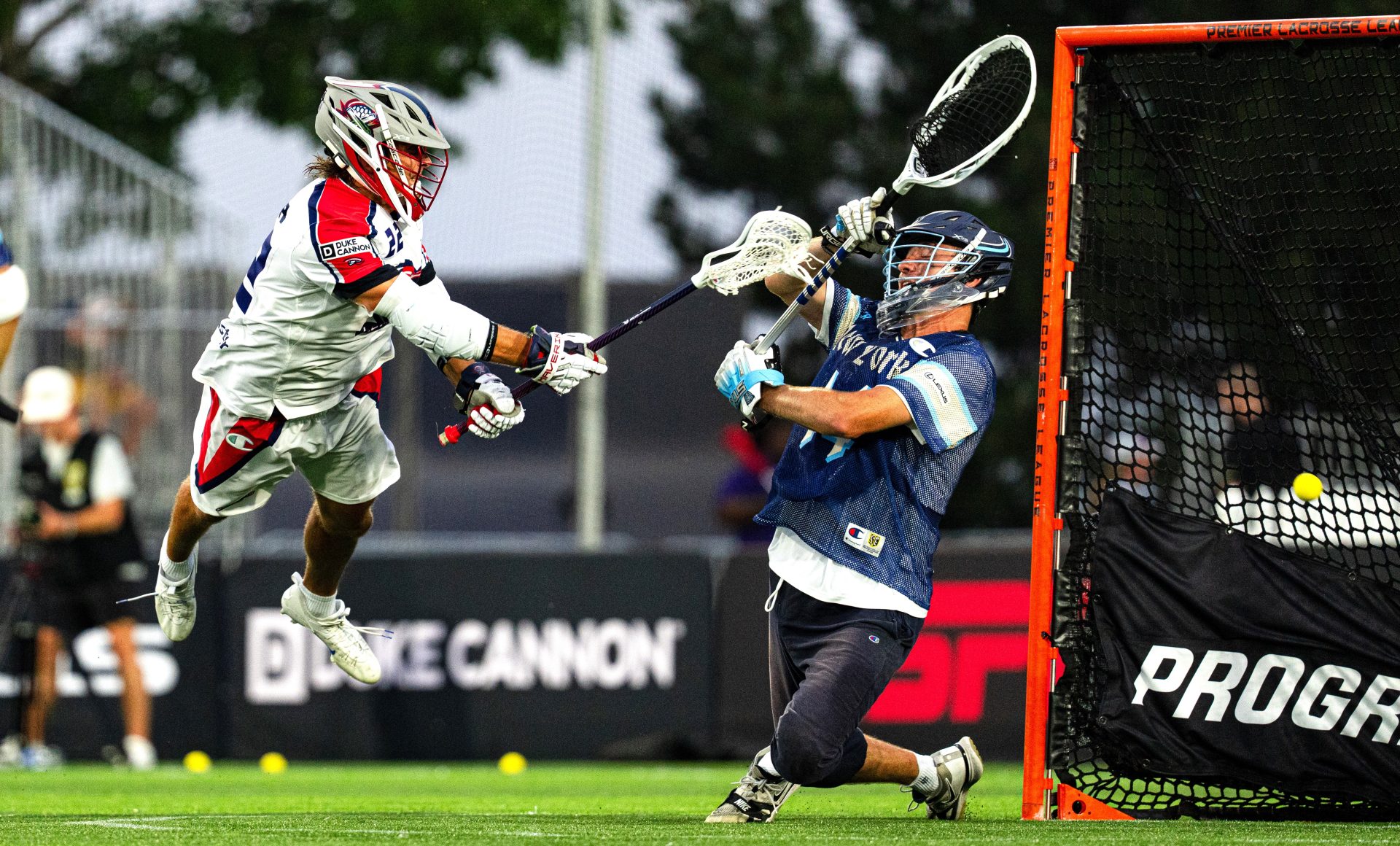





![[Subscription Customers Only] Jun 15, 2025; Seattle, Washington, USA; Botafogo owner John Textor inside the stadium before the match during a group stage match of the 2025 FIFA Club World Cup at Lumen Field.](https://frontofficesports.com/wp-content/uploads/2026/02/USATSI_26465842_168416386_lowres-scaled.jpg?quality=100&w=1024)
![[Subscription Customers Only] Jul 13, 2025; East Rutherford, New Jersey, USA; Chelsea FC midfielder Cole Palmer (10) celebrates winning the final of the 2025 FIFA Club World Cup at MetLife Stadium](https://frontofficesports.com/wp-content/uploads/2026/02/USATSI_26636703-scaled-e1770932227605.jpg?quality=100&w=1024)


